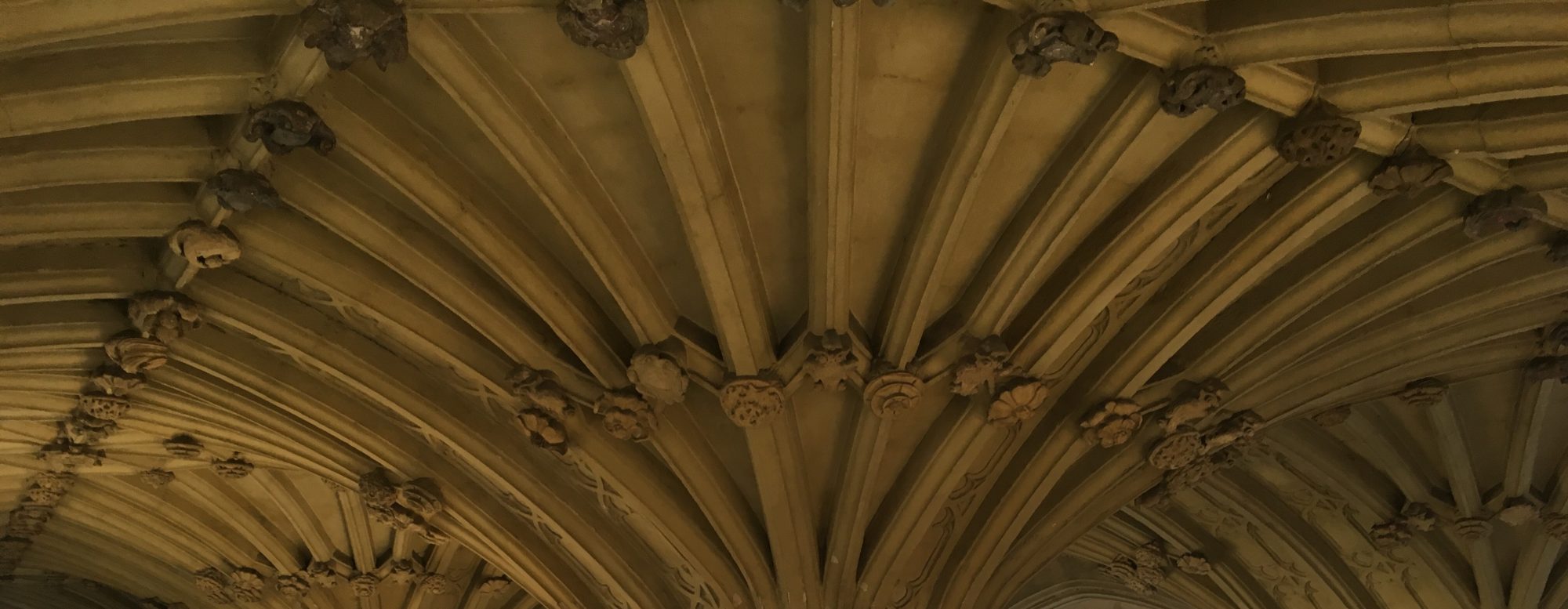Flying back from yet another scholarly conference overseas, I am struck by the specific power of learned discourse and academic camaraderie experienced at these meetings. There is a particular attraction in gathering into a room, listening to papers presented, engaging in vivid conversation about a detail, and elaborating a point late into the night. It seems, somehow, that the nature of scholarship in the Arts, is one of real-life (RL) communication: of chairs gathered around in a hasty circle, of sketches of thought and interrupted sentences, and of real eye-contact. These add to the intellectual discourse of our daily lives, and make us return home refreshed, enthusiastic, and renewed.
The emphasis of this latest conference was on the digital aspects of research and teaching in the Humanities, and we ended up (courtesy of the polar vortex) with even more digital encounters than we had initially planned. In one of these encounters we learned that the digital beginnings of our flagship project in the 1980s had been nothing short of groundbreaking. Ever increasingly today, scholars in the Humanities benefit greatly from the tools provided by digital resources. The possibilities of analysing old texts with amazing new methods, making searches on the computer in seconds (rather than spending months in the library), and sharing the findings to colleagues around the world without anyone leaving their study — all this opens up countless new scenarios for research and collaboration. The magic of seeing a fragile, centuries-old text opening up for detailed delibertion on a high-resolution screen is a true time-machine.
Although sometimes drawn to more traditional forms of research, and perhaps wary to meet the challenges presented by those sciences more readily heeding to the calls of efficiency and profit, we need to employ all the available methods to engage in the core purpose of the Humanities: to find out were we come from and who we are as human beings, and to show how to make the future a better place. This latest conference clearly showed the power of digital tools and methodologies for developing our research. At the same time, it is in these personal encounters, in far-away conference venues and on the road to and from distant airports, that our passion is born and our excitement can grow. It is in the twilight zone of jet-lag and in the secret gardens between time-zones that scholars of literature — of the language and communication between people, peoples, and over the centuries — set the foundation for a future of kindness, of tolerance, and of peace. Nothing less.

